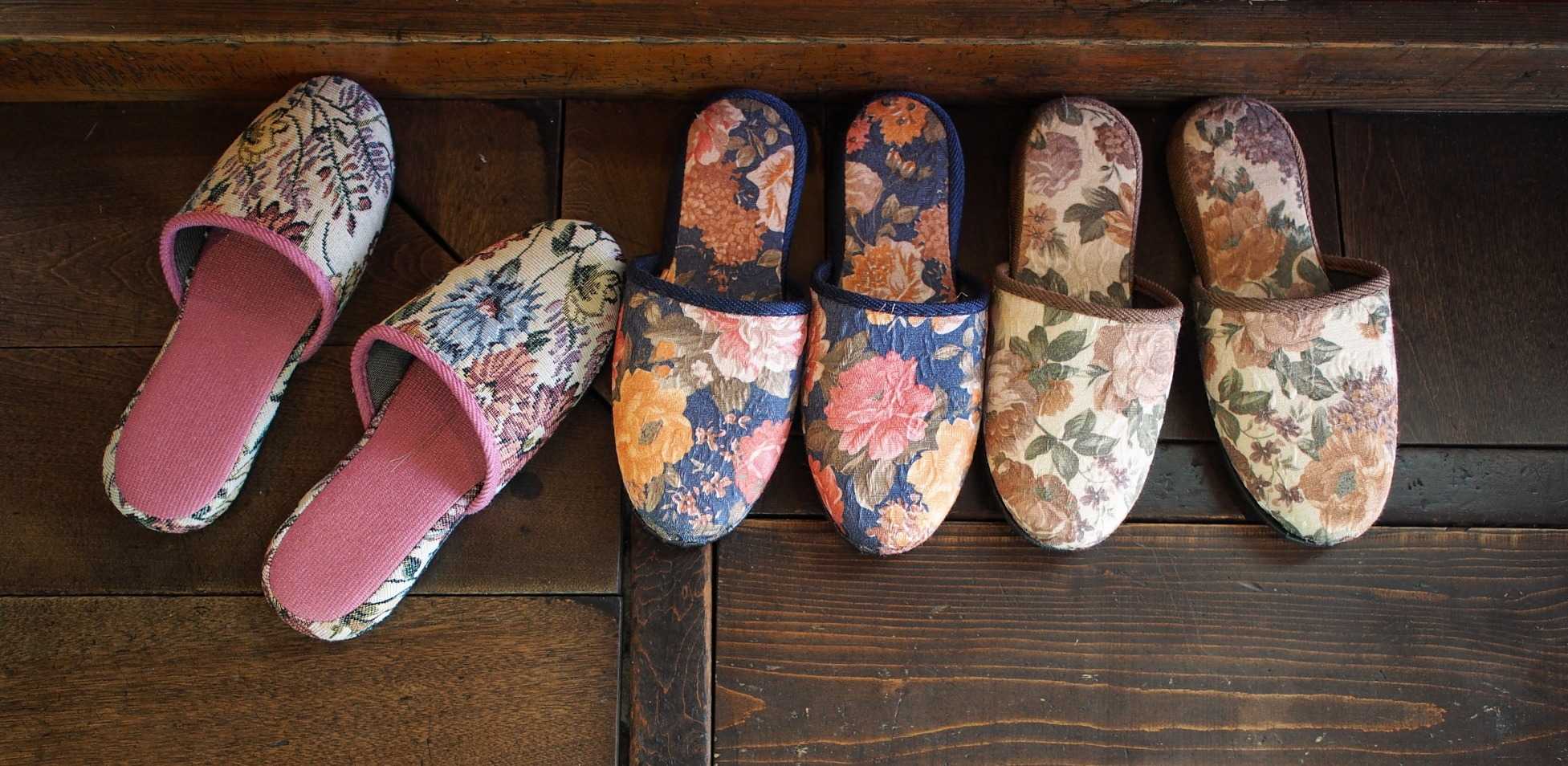Everyday Expat Fails
Moving abroad is full of challenges and surprises. From cultural differences complicating daily life, to language barriers leading to awkward misunderstandings, all expats have made mistakes. As embarrassing as they may seem at the time, we’ve all got to learn somehow. We’ve collected some entertaining anecdotes about everyday “fails” that we’re sure many expats will be able to relate to.

Accidental Rudeness
A British Expat in Japan
Living in Japan, you quickly find that the Japanese are very particular about hygiene, maintaining the division between indoors and the outside world by swapping their regular shoes for indoor slippers. A trip to the toilet even involves a separate pair of “toilet” slippers. The slippers are known for not fitting properly, so keeping them on your feet requires practice. The school I was teaching in at the time had squat toilets — still pretty common in Japan — where the flush is on the floor. During my first week, I attempted to flush the toilet with my foot, when the ill-fitting slipper fell off, and landed right in the toilet… major fail!
An Australian Expat in Ghana
While living in Ghana I came across several cultural differences. One of the most difficult to get used to was the concept that your left hand is unclean, and never to be used to eat with — a particularly difficult one being left-handed myself! Early on in my stay, I was at a traditional dinner with business colleagues, and began tucking in with my left hand, happily unaware of my crucial mistake. I quickly felt the gaze of several others at the table on me, before my neighbor politely corrected my error and explained the real reason why the left-hand was considered dirty. I quickly began practicing eating with my right hand!
Cultural Differences
A British Expat in Germany
For many newcomers in Bavaria, whether they are tourists or expats like myself, investing in your own Tracht (traditional costume) is often seen as a vital part of settling in — particularly if you plan on visiting one of the many beer festivals in the region. When I went to buy my dirndl, I didn’t know how the outfit was meant to be worn and ended up putting it on back-to-front! After being sternly informed by the shop assistant that I was wearing it wrong, I tried to make a joke out of it. “Guess this happens to tourists all the time?”, I said. “Not really…”, she replied. A little bit embarrassing…

Food Fails
A British Expat in Japan
My first time eating sushi in Japan was a fiery experience, to say the least. I had no idea that such an innocent-looking green paste — wasabi — was in fact extremely spicy, and only to be enjoyed in miniscule doses. I happily added a large dollop to my sushi, and instantly regretted it. Needless to say, my nose, ears, and mouth felt like they were on fire, and the same mistake was not repeated!
A British Expat in Hong Kong
As an expat, you often feel you should throw yourself into life in your new destination by trying anything and everything that is new and different. But this is not always as exciting, or pleasant, as it first might seem. While living in Asia, I have eaten the entrails of a chicken, both raw chicken and raw horse, and fried pig ear. While it may be authentic, it is definitely not something I would be in any rush to try again.

Language Mix-Ups
A Kiwi Expat in Germany
When I first moved to Germany, I didn’t speak any German, so I took a job as an au-pair to help improve my knowledge of the language. The children I was looking after also spoke no English, so the first months were spent muddling through, teaching each other, and all learning along the way. One day I was giving the kids a bath and one of them kept yelling “Ich muss aufs Klo”. Not understanding what he was saying, I just nodded along, pretending to know what he was saying. Turns out I definitely didn’t understand… I soon discovered he was saying “I have to go to the toilet”. On this occasion, it was too late to rescue the situation, but I very quickly learned what this and many other phrases meant.
An American Expat in Italy
Perhaps part language error, part general misunderstanding, one time the instructions I gave to a hairdresser in Italy got seriously lost in translation. I had recently decided I wanted to dye my blonde locks to an autumnal chestnut-brown — just a few shades darker, nothing too drastic. Unfortunately, this did not go to plan. When it came to the big reveal, my hair was less chestnut brown, more jet black. Not quite what I had in mind, but seemingly just the look the hairdresser was going for. Needless to say, I will be taking one of my Italian friends to translate for me next time!

Moving
A French Expat in the US
I have lived in three different countries as an expat, yet one “fail” has stuck with me along the way — not keeping the assembly instructions for flat-pack furniture! A seemingly crucial error for an expat who has moved three times in four years, but for me, a consideration that quickly went out of the window after I first successfully assembled the items. As it costs extra to get the shippers to reassemble furniture, I’ve ended up, after each move, having to improvise and struggle through the tetris-like challenge to do it myself. A regrettable decision…
Advertisement
About Bethan Rees
Bethan Rees studied modern languages at the University of Bath. She worked for InterNations as an intern in the Editorial Office.
Article topics
Related articles
All the Time It Takes — Building Friendships as an Expat
Making new friends and maintaining friendships is one of the biggest challenges for expats. It can be just as difficult to build a social network as it is to deal with all aspects of life abroad. InterNations member Maggie recounts how she tried to find friends abroad and didn’t lose hope.
The 10 Things the UK Needs to Adopt from Germany
It’s never easy going home, but when you have to leave a country as overwhelmingly wunderbar as Germany, saying goodbye is even harder. InterNations finds some of the best things from the land of beer and bratwurst that the UK needs to catch on to.
Nice to Meet You
For InterNations member Joseph, traveling and moving abroad has always been a great opportunity to learn more about other cultures and meet people from all walks of life. But one meeting in particular opened his eyes to how we’re all not that different. This is his culture shock story!
Observing Holidays and Traditions Abroad
In this article series, our contributors share their experiences of spending the holidays abroad, tips on how to combat homesickness during the festive season, and their musings on their favorite time of the year.
(Re)Discovering Your Passion Abroad — Tell Us Your Story!
Every person has something they are passionate about. Just because you have moved abroad doesn’t mean you have to give up your hobbies. It may even be the perfect time to start a new one. Tell us your story for a chance to win!




